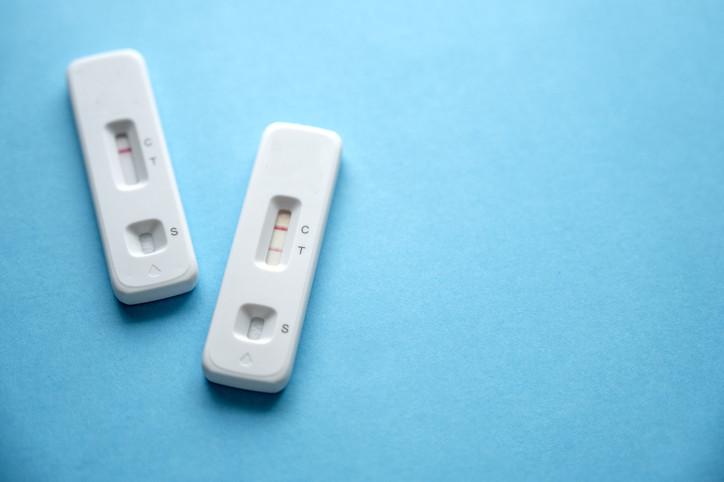
Tips to leverage neuroplasticity to maintain cognitive fitness as you age

Can white noise really help you sleep better?

Celiac disease: Exploring four myths

What is prostatitis and how is it treated?

What is Cushing syndrome?

Exercises to relieve joint pain

Think your child has ADHD? What your pediatrician can do

Foam roller: Could you benefit from this massage tool?

Stepping up activity if winter slowed you down

Common causes of cloudy urine
Staying Healthy Archive
Articles
Preparing for the holidays? Don't forget rapid tests for COVID-19
As the holiday season approaches again, the desire to gather is tempered by lingering concerns about COVID-19. Rapid COVID-19 tests could provide some reassurance if testing is done as guests arrive at a host's home, though it's important to be aware of the limitations of this approach, including cost, availability, reliability, and how results are obtained.
Could high calcium intake damage my heart?
Past research hinted at a link between heart disease and a high intake of calcium from supplements, but more recent analyses have not found a connection between the two.
Is BMI the best predictor of future health?
Body mass index (BMI) is determined by a combination of one's weight and height. A BMI of 18.5 to 24.9 represents a healthy weight, 25 to 29.9 is overweight, and 30 or greater is obese. BMI is a better measure of health than just weight, but it still has its flaws. It doesn't assess body fat as well in older folks as it does in younger adults. And it doesn't distinguish between fat that's in the belly from fat in other places, like the hips. For this reason, measurements comparing waist to hip size are also used.
Going to sleep late at night associated with obesity, big bellies
Steps to stay safe when you push or pull an object
Is your medication making you lightheaded?
Are you too embarrassed to go to the doctor?
Breathing your way to better health
You don't say? Pointing a finger(nail) at your health
Live long and prosper

Tips to leverage neuroplasticity to maintain cognitive fitness as you age

Can white noise really help you sleep better?

Celiac disease: Exploring four myths

What is prostatitis and how is it treated?

What is Cushing syndrome?

Exercises to relieve joint pain

Think your child has ADHD? What your pediatrician can do

Foam roller: Could you benefit from this massage tool?

Stepping up activity if winter slowed you down

Common causes of cloudy urine
Free Healthbeat Signup
Get the latest in health news delivered to your inbox!
Sign Up











